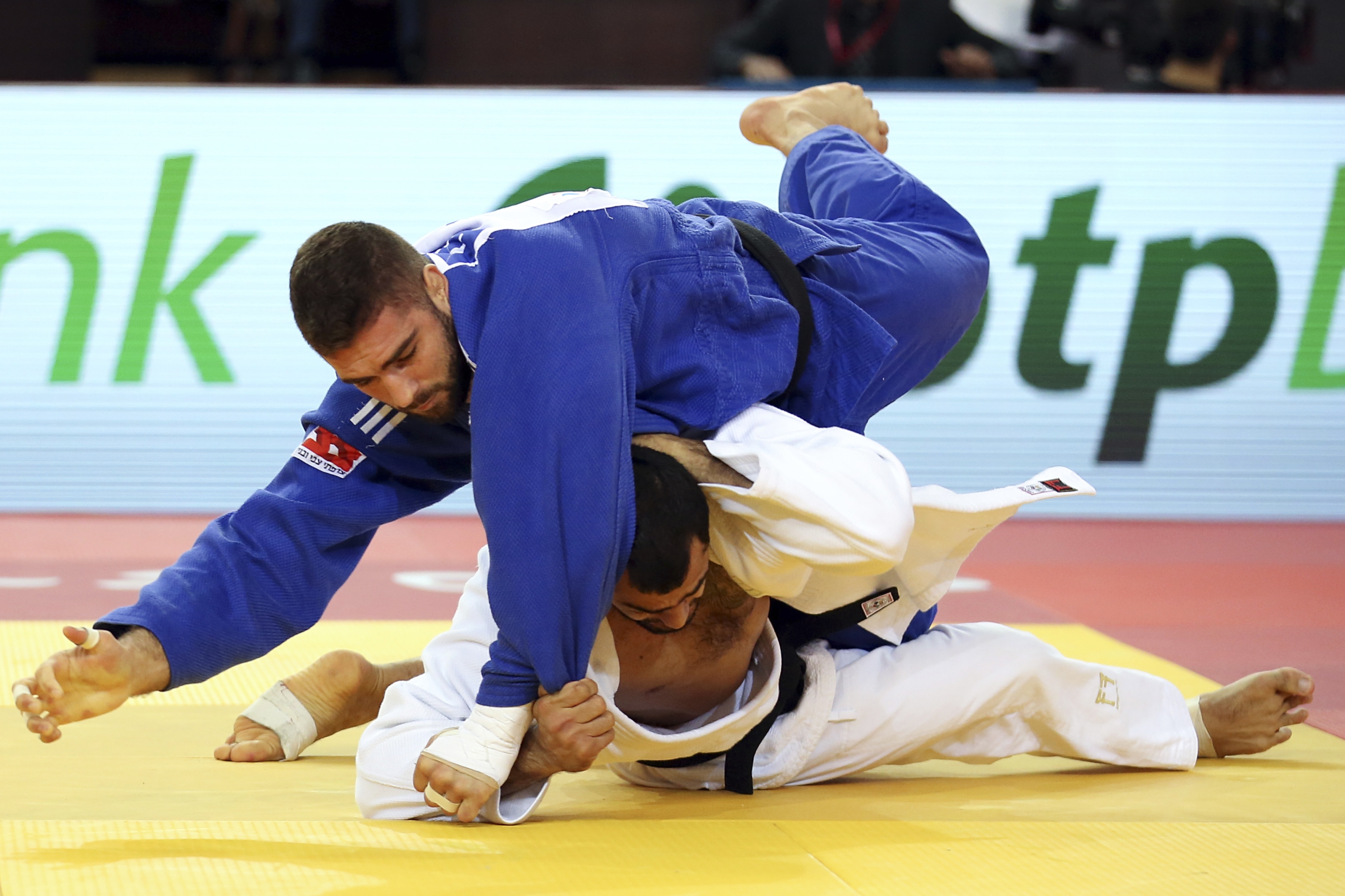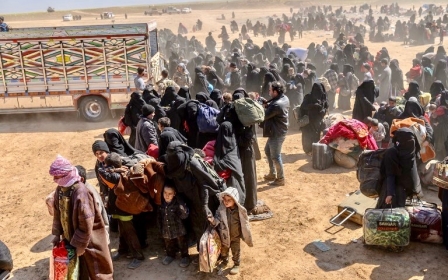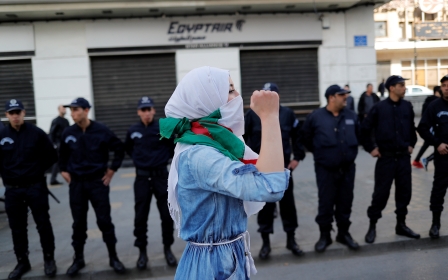Arabic press review: Throw Israeli judo athletes out, says Moroccan anti-occupation group

Moroccan activists cry foul over Israeli athletes
A Moroccan anti-Israel organisation has issued a statement condemning Israeli athletes' participation in a judo competition in the kingdom, London-based newspaper al-Quds al-Arabi reports.
According to the paper, the Moroccan Observatory Against Normalisation said it rejected the decision to allow the Israelis to visit the city of Marrakesh to participate in the games.
The news came in conjunction with the circulation of press reports that said 19 people have recently been arrested in Morocco over alleged involvement in an Israeli espionage network that specialises in faking official Moroccan papers, birth certificates and passports.
The Moroccan Observatory said in its statement that "a new crime of normalisation took place in Marrakesh throughout the weekend at the International Judo Grand Prix, which was attended by 10 Zionists".
New MEE newsletter: Jerusalem Dispatch
Sign up to get the latest insights and analysis on Israel-Palestine, alongside Turkey Unpacked and other MEE newsletters
The Moroccan Observatory made a comparison between “Malaysia’s historic and firm rejection of Zionists’ participation in the World Swimming Championships a few weeks ago and the Israeli participation in the Judo competition in Marrakesh”.
"It seems that Morocco has become a normalisation haven for Zionists in the field of sports, especially after their previous participation in the judo championship in Agadir last year, where the Israeli national anthem was played at the heart of the city for the first time in the history of Morocco, causing public rage,” the group said.
There are no formal diplomatic ties between Morocco and Israel, as the Arab League prohibits any type of relations between its members and the Jewish state until the end of the Israeli occupation of the Palestinian territories.
Only two Arab countries have publicly announced having diplomatic and trade relations with Israel, Egypt and Jordan, both of which have permanent peace agreements with Tel Aviv.
Algerian students get extra holiday thanks to protests
The Algerian government has announced an early, and extended, spring break for university students in a bid to keep students and teachers off the streets as protests continue against President Abdelaziz Bouteflika, according to Saudi newspaper Asharq al-Awsat.
A decree signed by the minister of higher education, Al Taher Hajjar, announced that university students and teachers’ holiday shall start on Monday and will last through to 4 April.
Usually, spring break starts on 21 March and lasts for only 10 days.
The minister did not mention the reason behind bringing the holiday forward. However, Asharq al-Awsat said the decision is a clear case of "university mobilisation" that has been incessant for 17 days.
Students in Algeria are demanding the withdrawal of Bouteflika's candidacy for a fifth term in elections slated for 18 April. They have organised numerous demonstrations and rallies to express their rejection, despite his pledge to not complete his tenure if elected, and not to run in the following elections.
Iran frees Jordanians after negotiations
Three Jordanians held in Iranian custody since December have been released and arrived at Amman airport at dawn on Monday following continual contact between the two countries, Jordanian newspaper Assabeel reports.
Jordanian foreign ministry spokesman Sufyan Qudah said that the three detainees arrived home after travelling from Iran to Jordan through Iraq.
Assabeel reported that the three citizens were supposed to arrive by sea via the United Arab Emirates last week, but were flown via Iraq instead because of worsening weather conditions and rough seas.
Middle East Eye delivers independent and unrivalled coverage and analysis of the Middle East, North Africa and beyond. To learn more about republishing this content and the associated fees, please fill out this form. More about MEE can be found here.




